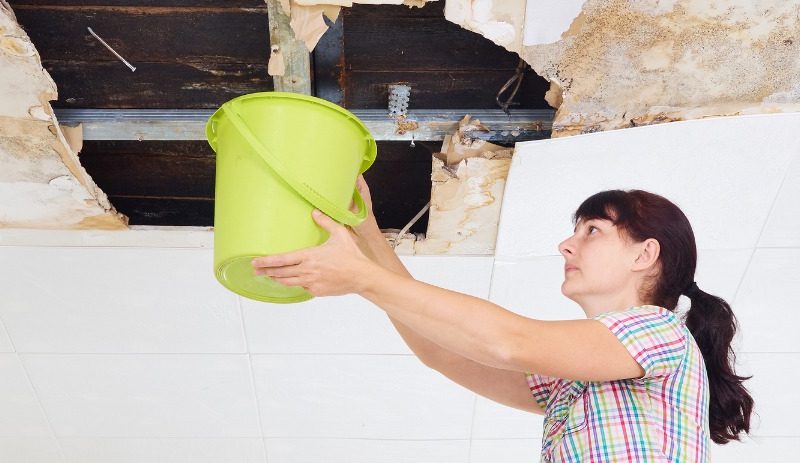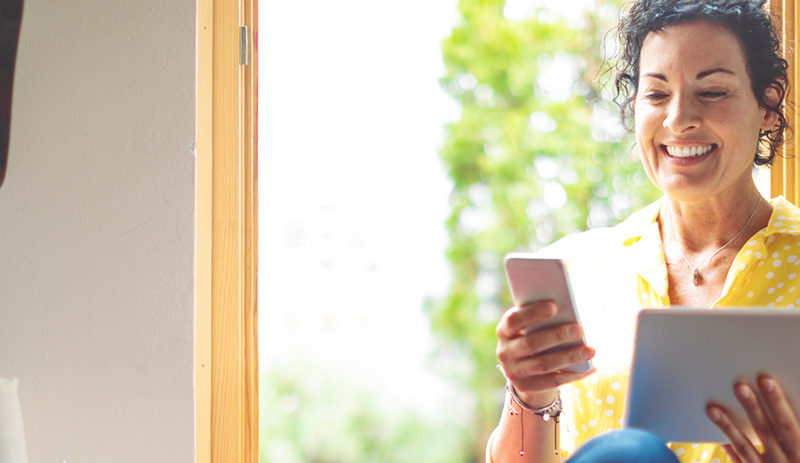Does solar power save you money on your electricity bill? We crunch the numbers
We all assume that we save money with solar power. But do we? Really?
The answer may be as clear as mud. Solar can save you money. But not always as much as you assume and the economics are changing. Even the Energy Efficiency and Conservation Authority EECA says it doesn’t work for everyone.
It costs you money to install
Solar power (or water) systems cost you money to install. I looked at one well known company, Solar King, which charges from $7,000 to $11,000 fully installed, or around $8,000 for solar water heating only the basic $7,000 kit is designed for small homes with power bills around $90 to $120 a month. Big power guzzlers who pay at least $200 to $250 a month will need the most expensive package. It takes a LOT of power bills to pay that off. Some companies (such as Solar City) offer “free panels”. This should still save you money, but not as much as you would if you owned the panels yourself because you pay for the power you receive from the panels on your roof.
That equipment has a shelf life
Have you ever noticed how appliances die as soon as the warranty ends? Your solar panels and solar inverters should last 25 years, but the warranty may be only 10 years. Other parts of the system such as the racking, or cables, could need repairs if you’re unlucky.
It only works in daylight hours
The issue is that you only get solar power during daylight hours unless you have a battery. So you can’t just divide the $11,000 by $250 and say your solar system will be paid off in 44 months.
Batteries cost big money
If you want to be able to store some of your power with a battery expect to spend over $20,000 for your entire package for a family home. As anyone who owns a car knows, batteries don’t last for ever. If a battery dies they’re not standardised as car batteries are, replacements could be expensive.
The price of power you feed back can change
Most solar systems are what’s called grid-tie, which means any power you produce that you don’t use is fed back into the grid. Owners used to be paid to 30c per kWh unit for that excess power, but now most of the big power companies offer just 7c to 8c per unit and that could drop more, making your system less economic. There are other power offers aimed directly at solar users such as SolarShare from P2 Power that could change the economics for customers.
There’s a social issue
Power companies argue that wealthy Kiwis who install solar systems aren’t paying their fair share of the costs of running the electricity network for all. If too many wealthy people pay less to the power companies, poorer citizens have to pay more. Solar power users still need to fall back on the grid on cloudy days, the companies argue, and should pay their share of maintaining the network.
The technology is improving rapidly
Every time I think of getting solar power installed, I realise that next year’s technology could well be more efficient and cheaper than the current systems. So I go back to the drawing board.
There’s a calculator
Use this independent calculator from Energywise to find out if you could save money.
I don’t want to sound negative. If you want toys such as a heated swimming pool or a spa pool, solar energy is amazing and you’re not saddled with huge power bills for water heating.
Ultimately solar versus no solar isn’t just about money either. You might just want solar power to do you bit at reducing fossil fuel usage. I have to say that this idea warms the cockles of my heart.
Make sure you get at least three quotes and you understand exactly what’s included. Not all systems are created equal and sales people can be over enthusiastic in getting you to sign up to their deal.
- Post Tags:
- electricity
- save money
- saving
- utilities
Credit Simple
Credit Simple gives all Kiwis free access to their credit score, as well as their detailed credit report. See how your credit score compares by age, gender and community and gain valuable insights into what it all means.
All stories by: Credit Simple


